Half a million dead. Over a million wounded, and many millions more displaced as refugees. The Syrian Civil War is in its eighth year, and it doesn’t look like it’ll be ending soon. Here’s one man’s account of life among those who’ve remained in their homeland.
The long, bloody conflict.
The Syrian civil war began in March of 2011 after security forces under the rule of President Assad opened fire on pro-democracy, teenage demonstrators. The fight to overthrow the Syrian government has been long. In March of this year, the war entered its eighth year, with over 465,00 Syrians dead, 1 million injured, and 12 million displaced. Al Jazeera recently documented the events of the war from its beginnings, which you can read in Syria’s Civil War Explained.
In recent weeks, the Syrian civil war dominated the news again because of the chemical attacks in Duoma that reportedly killed at least 70 people. The US, France, and the UK conducted military strikes against several government locations in Syria. Leaders from each of these nations made statements condemning the chemical attacks.

“The evil and the despicable attack left mothers and fathers, infants and children thrashing in pain and gasping for air… These are not the actions of a man. They are crimes of a monster instead.” said President Donald Trump
British Prime Minister Theresa May said, “We cannot allow the use of chemical weapons to become normalized — within Syria, on the streets of the UK, or anywhere else in our world.”
“We cannot tolerate the trivialization of the use of chemical weapons which presents an immediate danger to the Syrian people and to our collective security.” said French President Emmanuel Macron.
The image below is the most recent installment of the Syrian Situation Report (SITREP) Map created by the Institute for the Study of War and Syria Direct.
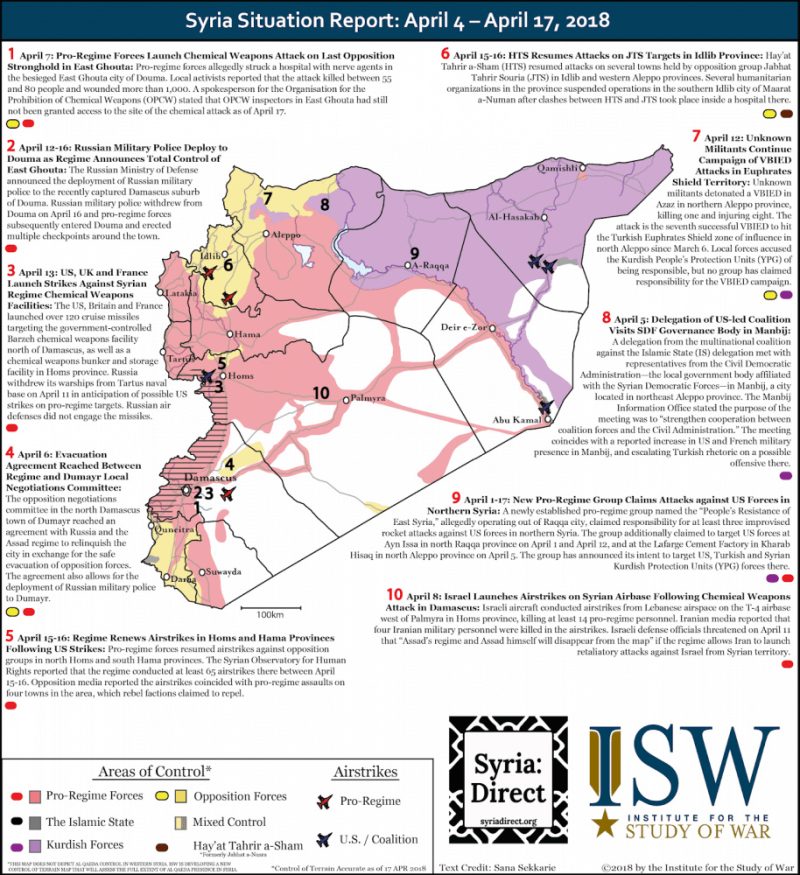
How Do Everyday Syrians Make It?
One Syrian citizen offered a view of how he and his family were handling their wartime experiences nearly two years ago. Written from a personal perspective, he gives details and stories that illuminate the profound effects the war has had on their lives. Though this post dates back to the fall of 2016, Omair Shaaban’s Washington Post article We live in Aleppo. Here’s how we survive. reveals just how completely the war has impacted the Syrians who chose to stay.
“There weren’t any bombs today, or the day before. That’s good, because it means you can leave your apartment, see your friends, try to pretend life is normal. Still, you don’t know when the attacks will resume or how much worse they’ll be when they do.”
Shaaban tells how the people who live in Aleppo have learned to stay alive. Living in the bottom levels of a building is crucial to surviving bombings. Additionally, rooms that are near the street should not be used as living spaces because lights in the windows invite bombs or sniper attacks.
Children usually stay off the streets, but when they do go out to play their parents are ever alert to the sound of warplanes, shellings, or cluster bombs.
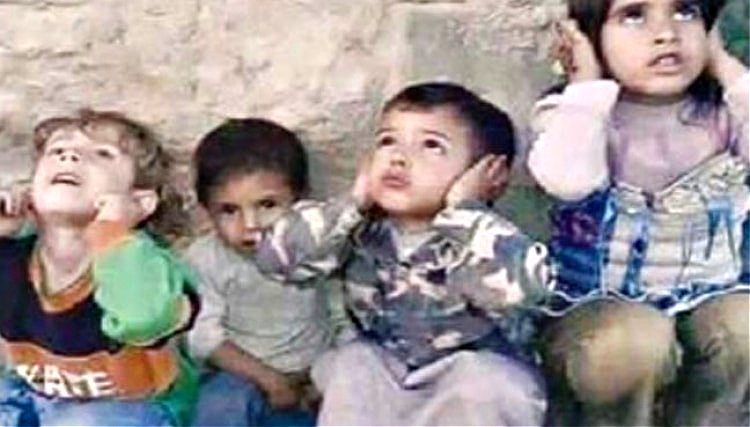
Food, water, electricity, and fuel (if you happen to own a car) are scarce resources. As of 2016, the city had already been experiencing water shortages for two years. People have to haul water from stations in the city to their homes. The image below shows Aleppo residents carrying water in portable containers.

Shaaban also comments on the difficulties in maintaining friendships, engaging in social interaction, and the effort to stay sane.
“It’s so easy to lose your mind here. You might go out one day to look for food and come back to find that your building has been destroyed and your family killed. I’ve seen people standing in front of bombed-out buildings, screaming and crying in disbelief.”
Even though Shaaban’s article is from 2016, his explanation of what life is like in war-torn Syria is compelling. Masses have fled the country, but some, like Shaaban, choose to stay.
“Why am I still here? Aleppo is my city. Syria is my country. This is my principle, really, and I insist on it. People here are suffering because we want freedom.”
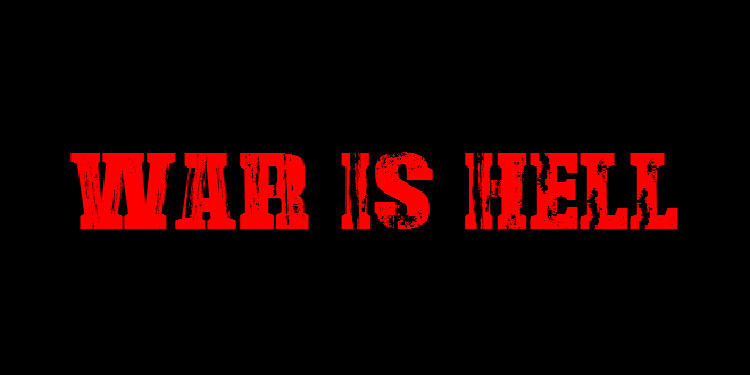
Learn more about the Syrian War: Destroying a Nation: the Civil War in Syria.
See also: Make Your Own Ghillie Suit
This article originally appeared on Breach Bang Clear in May 2018 and is republished here with the permission of the owner and staff.

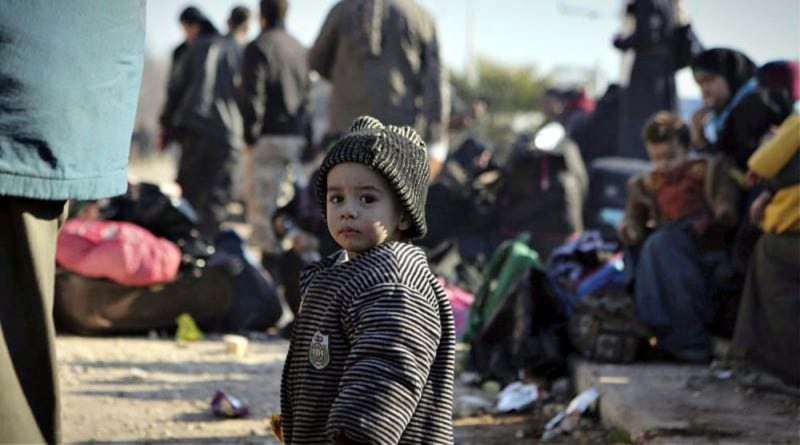


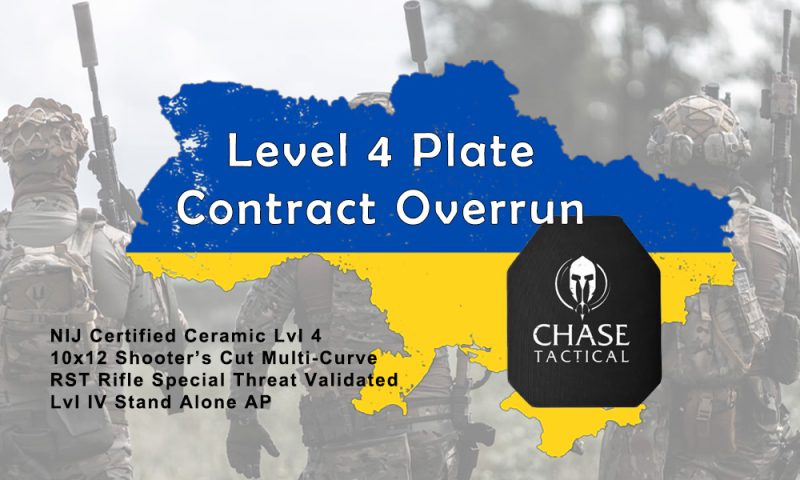




0 Comments
Trackbacks/Pingbacks